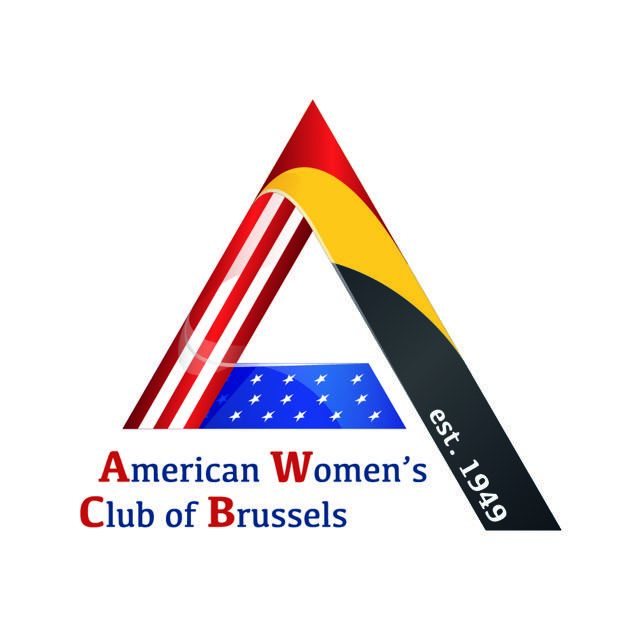Hosted by the Public Policy Exchange:
Over the last year, there has been a surge in incidents of image based sexual abuse. In 2020, the Revenge Porn Helpline saw an 87% increase in the number of adults seeking support for intimate image abuse, with 3,136 cases opened, the highest number the helpline has ever experienced. Over half of those people were signposted to mental health services, with 45 disclosing feeling suicidal as a result of intimate image abuse. Image based sexual abuse has a strong connection with domestic abuse with domestic violence charity, Refuge, finding that one in seven young women have received threats that intimate photos will be shared without their consent. Evidence also suggests that those who have been victim of image based sexual abuse are more likely to suffer from other forms of domestic abuse.
The Criminal Justice and Courts Act 2015 made it an offence to share sexual private and explicit images or video of an individual with the intention of causing them distress. Since then, 900 abusers have been convicted, including 190 who received a custodial sentence. The Domestic Abuse Bill, which at the time of writing was progressing through Parliament, has widened the law to also include "threats" to disclose intimate images with similar intention. Alongside changes in the law, the Government also launched the Revenge Porn Helpline to support and guide those who have been victim to intimate image abuse. The helpline has collaborated with Facebook and Instagram to pilot projects to tackle revenge porn on their platforms.
However, despite rising incidents, last year saw a drop in the number of charges brought against offenders. Furthermore, more than a third of victims decided not to proceed with the case. One reason for this contradiction could be that revenge porn is classified as a communications offence, and not a sexual one, meaning that victims are not granted anonymity.
For many, the risk of being publicly named discourages them from pushing for a prosecution, but many victims have also claimed that they have faced a lack of adequate support. Research suggests that police officers themselves haven’t received support on dealing with this crime. Research by the University of Suffolk found that 95% of police officers who took part in a survey in 2017 had not had any training on revenge porn legislation. Technology companies have also been described as not doing enough on this issue. Last year, draft legislation was published with a view to changing the law to establish a duty of care on companies to improve online safety, overseen by an independent regulator, however this has not passed to date.
This symposium subsequently provides an invaluable opportunity for key stakeholders to review existing legislation and discuss further ways to tackle and deter image based sexual abuse. Delegates will also explore how to raise awareness of this form of domestic abuse as a criminal offence and how to best safeguard and support victims.
